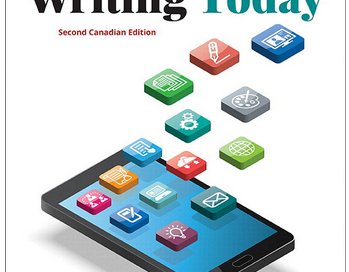
This term I’m teaching a second-year Technical Communications course for Engineering students. Almost all of the students have either taken English 112 or APSC 176 (or a transfer credit equivalent to those courses). Both 176 and 112 focus on helping students write for academic situations: arguments, research papers, rhetorical analyses, and so on. And I’m pleased to see that most of my second-year students seem to have become very comfortable writing in academic style.
However, the course they are currently enrolled in (my Tech Comm course) is a completely different style of writing, and even my strongest writers are struggling to grasp the expectations of the course. The tech comm course not only focuses on writing technical descriptions but also includes many elements of business and professional writing. And the tone and format of an academic essay and of a business letter are entirely different.
This makes me reflect on how well we are teaching our students to adapt their writing for different situations. In our textbook, Writing Today, Jordan Stouck and I emphasized that genres and styles shift depending on situation, purpose, and audience. And in both 112 and 176, I illustrate this by having students think of their everyday communication tasks (texting or social media being the two that seem to come most readily to mind) and how those change depending on audience (write a message to your grandma about your first two weeks of university; now write a message to your best friend from high school on the same topic). We discuss how the tone and information included in each message changes quite dramatically for most students.
But I’m now thinking of ways to encourage students to move beyond their comfort zone of essay writing, into the new territory of writing for professional contexts. Front first writing is prized in this area but university students have been taught to build interest to a strong thesis statement in their introductions. The practicality of business writing makes many of them uncomfortable. And concise, succinct writing often causes them to question whether their business letters are “too short.” There seems to be an universal hesitation to recognize when they are achieving a successful means of communication. Which speaks to something deeper on a metacognitive level. Many students have a need for feedback that assures them they are doing the tasks correctly. They show a universal hesitation to self-evaluate (even when given rubrics or guidelines to do so).
As a mature writer who regularly navigates through academic, professional, and creative writing contexts with little thought, I have to remind myself that the novice to intermediate communicators I have in my classes need guidance when finding the right genre for their messages. This forces me to engage in rhetorical thinking about my own communication style on a regular basis. To slow down and think about how I approach these now routine writing tasks so I can share that expertise with my students. And to remember that this doesn’t come naturally to beginning writers.





